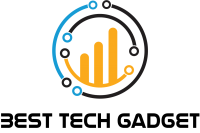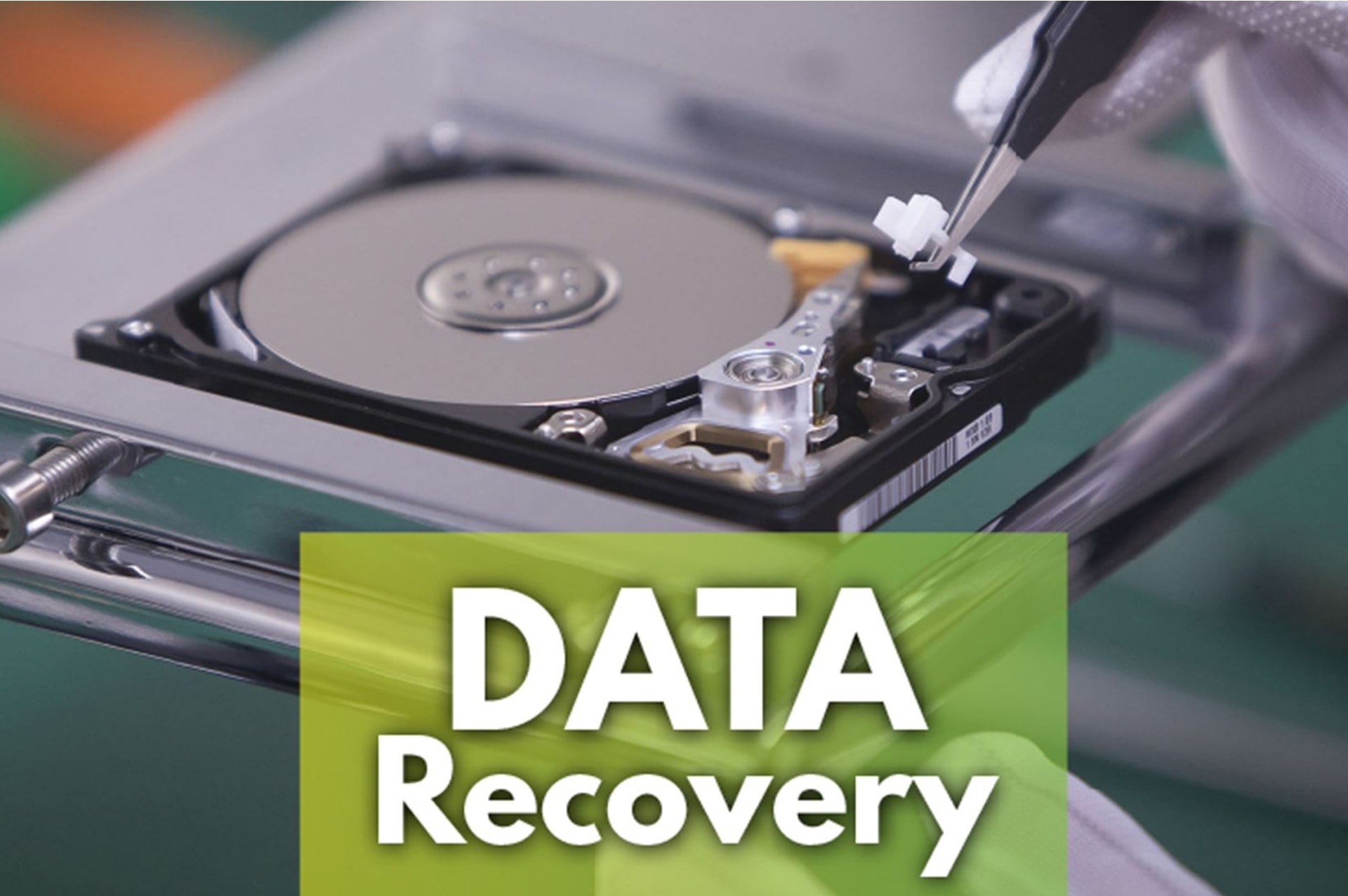Medical Technology: Revolutionizing Healthcare and Patient Outcomes
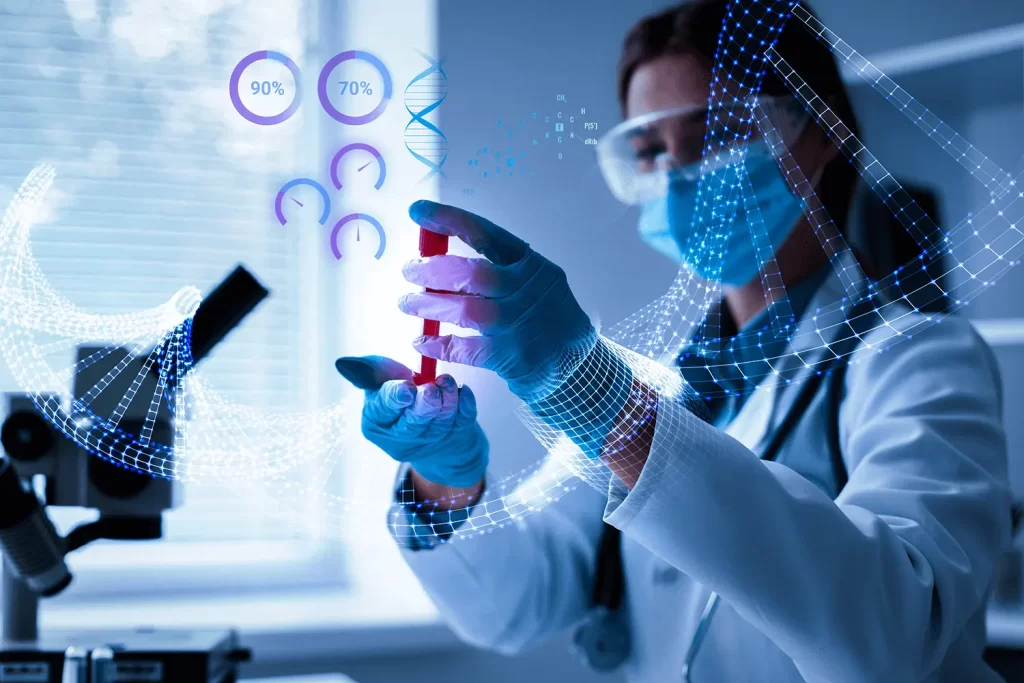
Medical technology encompasses a wide range of healthcare products, technologies, and innovations that are used to diagnose, monitor, and treat diseases and medical conditions. With continuous advancements, this technology has significantly improved patient care, increased the efficiency of healthcare delivery, and expanded the capabilities of medical practitioners. This article delves into the various aspects of medical technology, its evolution, current trends, benefits, and the future landscape.
Content
Evolution of Medical Technology
Medical technology has a rich history that dates back to ancient times. From the use of herbal medicines to the development of sophisticated imaging systems, the journey has been remarkable.
Ancient Medical Practices

In ancient civilizations, medical practices were primarily based on herbal remedies, surgical techniques, and holistic approaches. The use of tools like scalpels and trephines marked the early innovations in medical technology.
The Renaissance and Scientific Revolution
The Renaissance period brought significant advancements in medical knowledge and technology. The invention of the microscope, the development of anatomical studies, and the discovery of blood circulation by William Harvey were groundbreaking.
20th Century Innovations
The 20th century witnessed exponential growth in medical technology. The introduction of X-rays, antibiotics, vaccines, and advanced surgical techniques revolutionized healthcare. The development of computers further accelerated the progress, leading to the advent of medical imaging, electronic health records (EHRs), and telemedicine.
Recommended for you: Troubleshooting Off-Track Garage Doors: Causes and Fixes
Current Trends in Medical Technology
Modern medical technology is characterized by rapid advancements and the integration of digital and bioengineering innovations.
Digital Health and Telemedicine
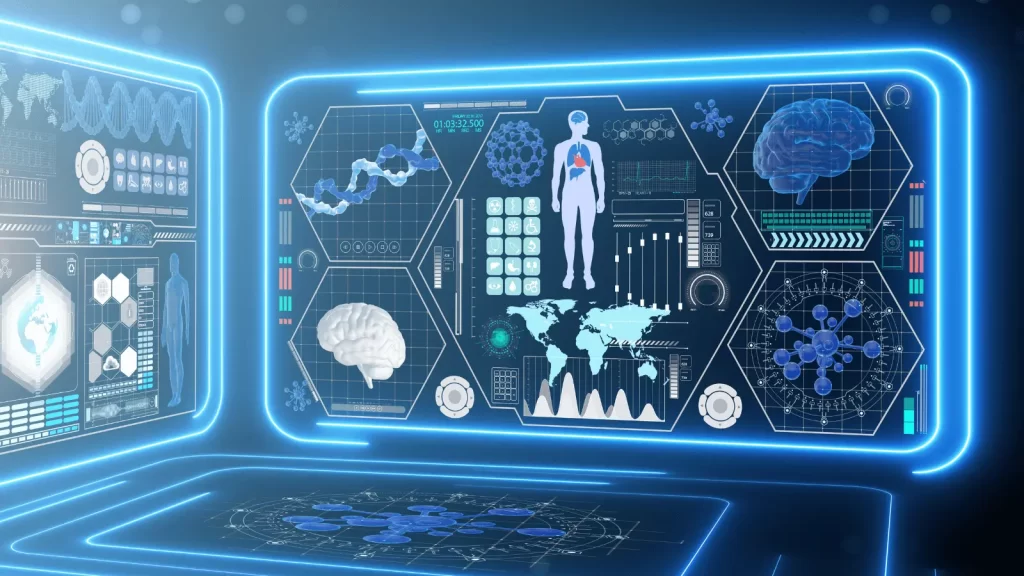
Digital health technologies, including telemedicine, wearable devices, and mobile health apps, have transformed patient care. Telemedicine enables remote consultations, reducing the need for physical visits and improving access to healthcare.
Artificial Intelligence and Machine Learning
AI and machine learning are playing crucial roles in diagnostics, treatment planning, and patient monitoring. These technologies enable predictive analytics, personalized medicine, and automated data analysis, enhancing decision-making and efficiency.
Robotics and Minimally Invasive Surgery
Robotic-assisted surgeries and minimally invasive techniques have improved surgical outcomes, reduced recovery times, and minimized complications. Robots like the da Vinci Surgical System are widely used for complex procedures.
Genomics and Personalized Medicine
Advancements in genomics have paved the way for personalized medicine, where treatments are tailored to an individual’s genetic makeup. This approach improves the efficacy of treatments and reduces adverse effects.
3D Printing and Bioprinting
3D printing technology is revolutionizing prosthetics, implants, and surgical tools. Bioprinting, which involves printing tissues and organs, holds immense potential for future medical applications.
Benefits of Medical Technology
The impact of medical technology on healthcare is profound, offering numerous benefits.
Improved Patient Outcomes
Advanced diagnostic tools and treatment options have significantly improved patient outcomes. Early detection of diseases, accurate diagnosis, and effective treatments lead to better prognosis and quality of life.
Enhanced Efficiency and Productivity
Medical technology streamlines healthcare processes, reducing administrative burdens and enhancing the productivity of healthcare providers. Electronic health records, for example, facilitate quick access to patient information and streamline workflows.
Increased Access to Care
Telemedicine and mobile health technologies have expanded access to healthcare, especially in remote and underserved areas. Patients can receive consultations, monitoring, and treatment without the need for travel.
Cost Savings
While the initial investment in medical technology can be high, it often leads to long-term cost savings. Preventive care, early diagnosis, and minimally invasive treatments reduce hospital stays, complications, and the need for extensive treatments.
Innovation and Research
Medical technology drives innovation and research, leading to the development of new treatments, drugs, and devices. This continuous advancement improves healthcare outcomes and expands the possibilities for future medical breakthroughs.
Applications of Medical Technology
Medical technology finds applications in various fields of medicine, enhancing the capabilities of healthcare professionals.
Diagnostic Imaging
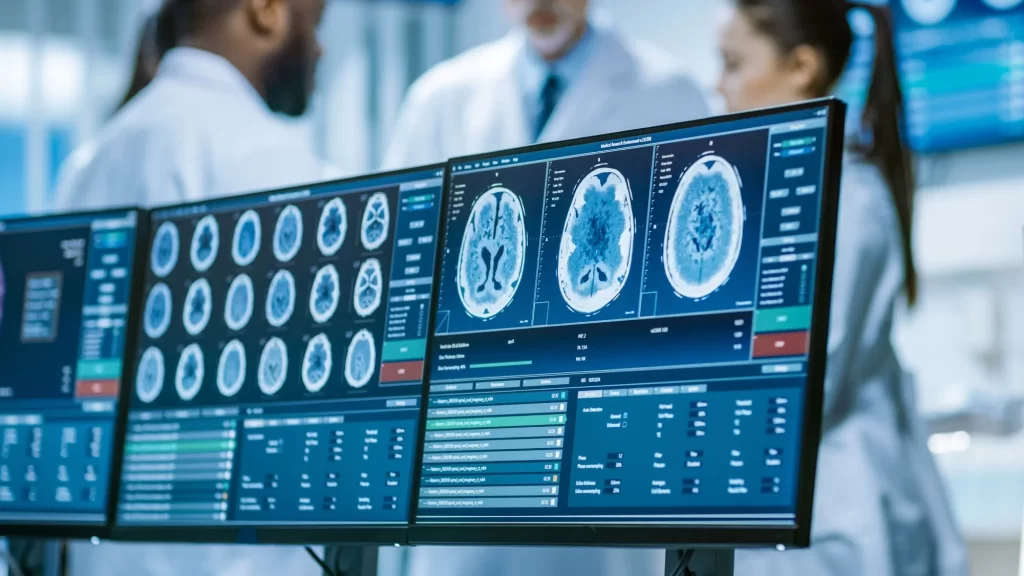
Diagnostic imaging technologies, such as MRI, CT scans, and ultrasound, provide detailed images of the body’s internal structures. These tools are crucial for diagnosing diseases, planning treatments, and monitoring progress.
Surgical Technology
Surgical technology, including robotic-assisted systems, laparoscopic instruments, and advanced anesthesia, has transformed the field of surgery. These technologies enable precise, minimally invasive procedures with reduced risks.
Patient Monitoring
Patient monitoring technologies, such as wearable devices and remote monitoring systems, allow continuous tracking of vital signs and health metrics. This real-time data helps in early intervention and personalized care.
Therapeutic Devices
Therapeutic devices, including pacemakers, insulin pumps, and dialysis machines, play a vital role in managing chronic conditions and improving patients’ quality of life. These devices ensure effective and consistent treatment.
Rehabilitation and Prosthetics
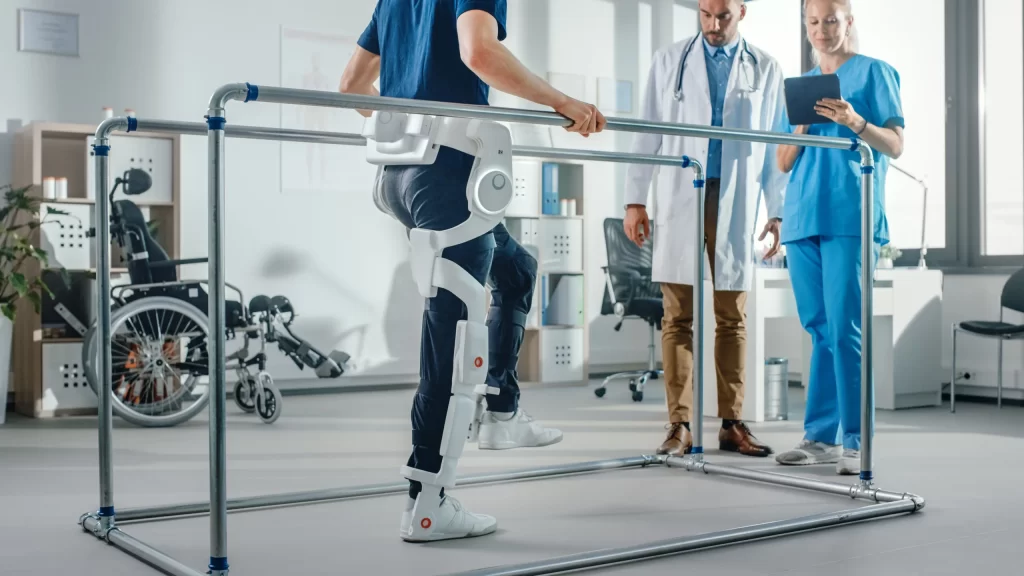
Rehabilitation technologies, such as exoskeletons and advanced prosthetics, assist patients in regaining mobility and functionality. These innovations enhance the recovery process and improve independence.
Challenges and Ethical Considerations
Despite the numerous benefits, medical technology also presents challenges and ethical considerations.
Data Privacy and Security
The digitization of healthcare data raises concerns about privacy and security. Ensuring the protection of patient information and preventing data breaches is paramount.
Cost and Accessibility
While medical technology can improve healthcare outcomes, the high costs can limit accessibility, especially in low-resource settings. Ensuring equitable access to these technologies is a significant challenge.
Ethical Dilemmas
The use of advanced technologies, such as AI and genetic engineering, raises ethical questions about patient consent, data usage, and the implications of genetic modifications. Addressing these dilemmas requires careful consideration and regulation.
Technological Dependence
Over-reliance on technology can lead to reduced clinical skills and judgment among healthcare professionals. Balancing the use of technology with human expertise is crucial for effective healthcare delivery.
Future of Medical Technology
The future of medical technology holds exciting possibilities, driven by continuous innovation and research.
Integration of AI and Big Data
The integration of AI and big data analytics will enhance predictive modeling, personalized treatments, and efficient healthcare management. AI-driven diagnostic tools and decision support systems will become more prevalent.
Advancements in Biotechnology
Biotechnology advancements, including gene editing, stem cell therapy, and regenerative medicine, will revolutionize treatments for various diseases and conditions. These technologies have the potential to cure previously untreatable ailments.
Expansion of Telehealth
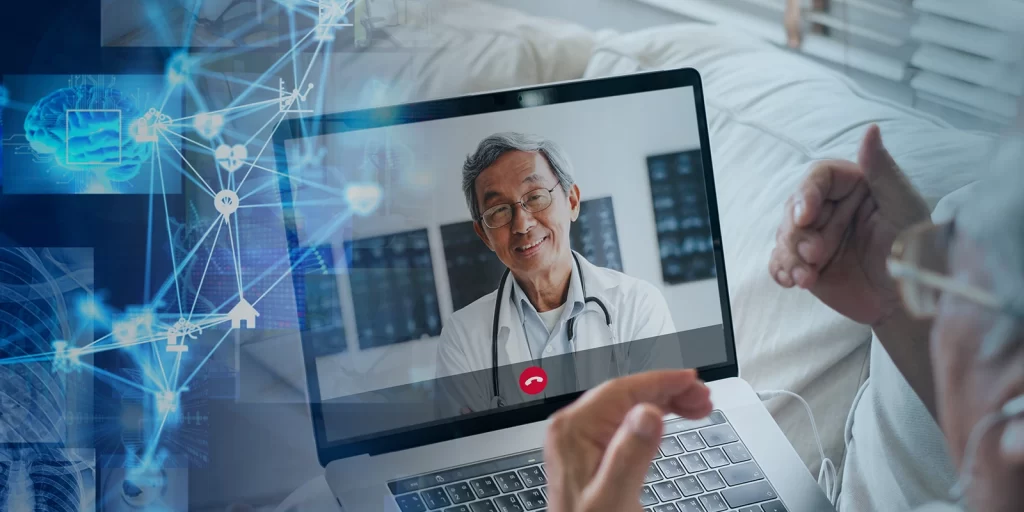
Telehealth will continue to expand, offering more comprehensive remote care solutions. Virtual reality (VR) and augmented reality (AR) technologies will enhance telemedicine experiences and medical training.
Wearable and Implantable Devices
The development of advanced wearable and implantable devices will enable continuous health monitoring and early detection of medical conditions. These devices will provide valuable data for personalized care.
Personalized Medicine
Personalized medicine will become more refined, with treatments tailored to an individual’s genetic, environmental, and lifestyle factors. This approach will improve treatment outcomes and reduce adverse effects.
Further reading suggestion: Exploring the Power of Open-Source with Free Machine Learning Libraries
Conclusion
Medical technology is at the forefront of transforming healthcare, offering innovative solutions for diagnosis, treatment, and patient care. With continuous advancements, the future of medical technology holds immense promise, improving healthcare outcomes and enhancing the quality of life for patients worldwide. Addressing the challenges and ethical considerations will be crucial in ensuring the responsible and equitable use of these technologies.
FAQs
What is medical technology?
Medical technology refers to the application of scientific knowledge and innovations to develop healthcare products, tools, and procedures used for diagnosing, treating, and monitoring diseases and medical conditions.
How does medical technology benefit patients?
Medical technology improves patient outcomes through accurate diagnostics, effective treatments, and continuous monitoring. It enhances access to healthcare, reduces recovery times, and increases the efficiency of healthcare delivery.
What are the future trends in medical technology?
Future trends in medical technology include the integration of AI and big data, advancements in biotechnology, expansion of telehealth, development of wearable and implantable devices, and personalized medicine tailored to individual genetic profiles.

Shawn Davis is a wonderful person. He is very nice and always willing to help out! He loves his job because it lets him share interesting things with people who want to know about new developments in the world of technology.
